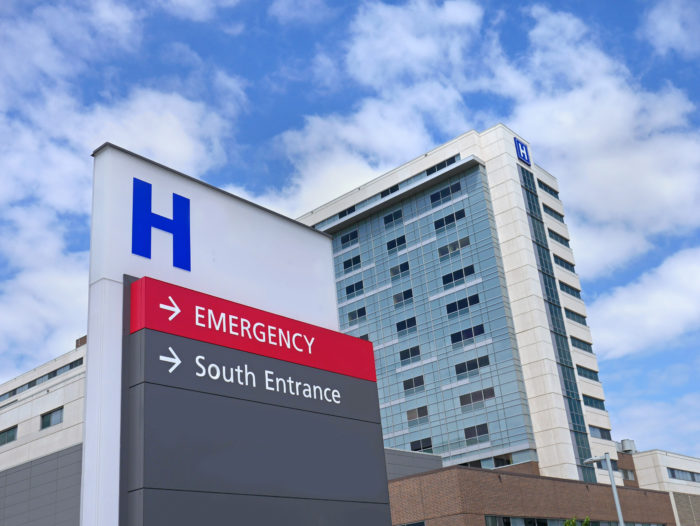What happens when patients need hospital care and there is none to be found? People living in rural America may soon find out.

The coronavirus has dealt struggling hospitals a double blow. They’ve cancelled profitable elective surgeries and procedures like mammograms, colonoscopies and hip replacements while simultaneously increasing outlays for personal protective equipment and supplies to fight COVID-19. In the first quarter of 2020, the average hospital saw its operating revenue diminish by almost half. Some of these hospitals were already operating in the red.
But vulnerable rural hospitals, with less financial capacity to sustain a downturn, have no doubt suffered the worst. Already, rural America had lost 19 hospitals last year – a new record that was on track to be broken in 2020, even before the coronavirus hit. By the end of April, 12 more had closed their doors, impacting access to care for patients from West Virginia to Missouri.
Rural hospitals serve one in five Americans. When a rural hospital closes, local patients may face long drives to access care, a deterrent to seeking care and a danger in emergency situations. Mortality rates rise by 6%, data shows. These hospitals often serve older populations with higher rates of health challenges, making it even more important that care remains readily available.
As states begin to slowly reopen, restrictions on non-essential medical procedures are starting to lift. But hospitals large and small will need time to recoup lost revenue. The Coronavirus Aid, Relief, and Economic Security Act signed into law by President Donald Trump contained a $10 billion provision for rural hospitals and health clinics. But even that may not ensure ongoing access to care for rural residents as their medical facilities struggle to remain open.
The National Rural Hospital Association has called on Congress to include specific supports for rural care facilities in upcoming COVID relief measure. Proposed measures include immediate funding for rural providers and classifying the most vulnerable rural hospitals as critical access hospitals.
As policymakers weigh further COVID-19 relief efforts, they must continue to consider the importance of rural hospitals and the need for all Americans, regardless of where they live, to have access to medical care.

